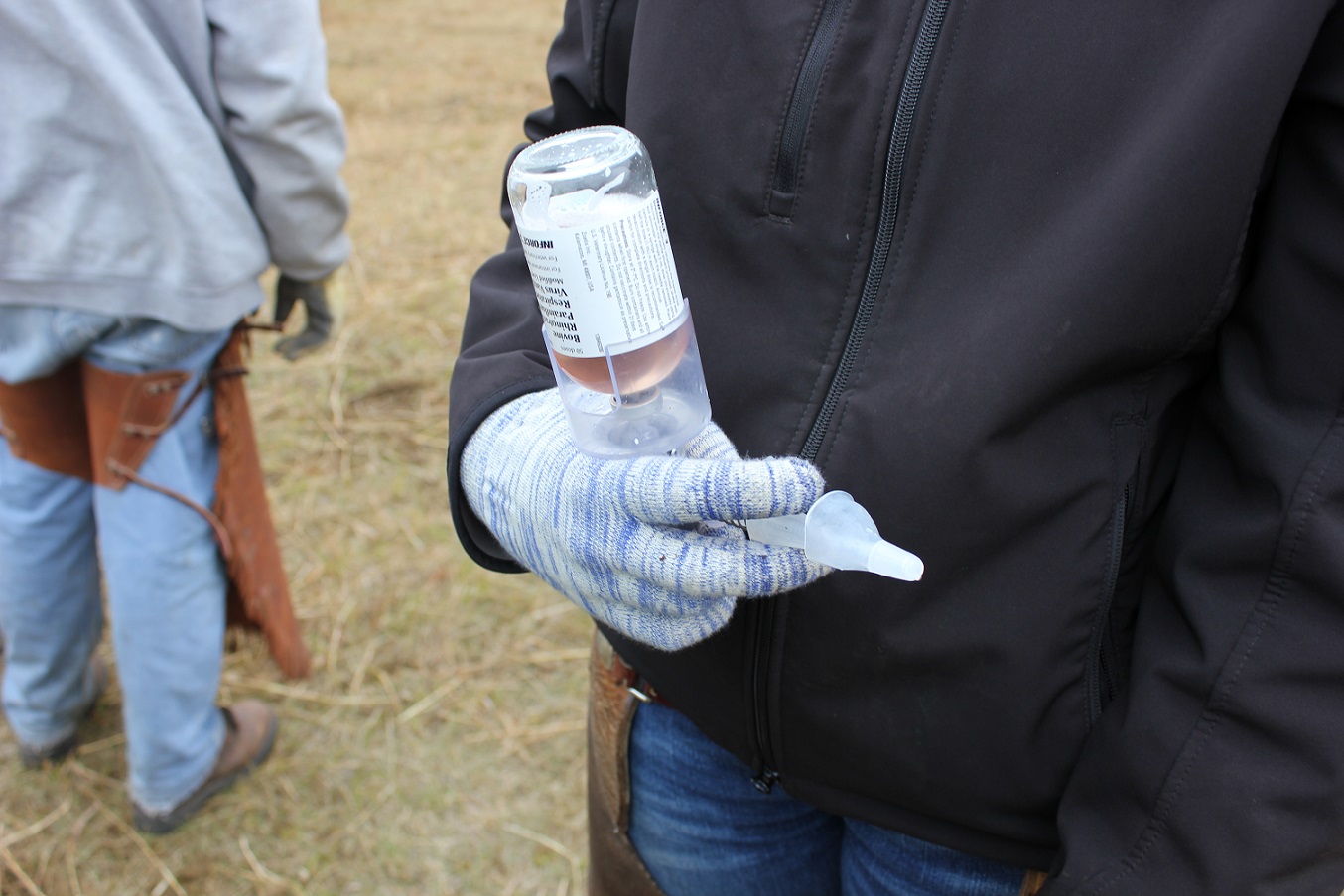
By Rob Eirich, Nebraska Beef Quality Assurance, Nebraska Extension
Cattlemen have demonstrated a commitment to the integrity of today’s beef products by implementing sound cattle management practices. Consumers are looking for beef raised in a healthy and safe environment. An appropriate Herd Health Program ensures that all cattle are raised in the best health.
A strong herd health plan begins with a yearly production calendar that includes cattle nutrition, reproduction management, vaccination schedules, and marketing, all of which are critical to sustainable beef cattle production. Management practices can be better matched with cattle needs by looking at the annual production cycle month by month. The University of Nebraska-Lincoln Animal Science Department has an example of a beef production calendar at beef.unl.edu.
Once a production calendar is developed, a producer can work with their veterinarian to plan a specific strong health program to their herd management plan for their herd. The veterinarian can help a beef operation best tailor health management to deal with local diseases, parasites and other regional health issues.
Most herd health plans include core vaccinations such as IBR, BVD, BRSV, PI3, Clostridials, Brucella, Lepto, Vibrio, and so on, as well as core parasite controls. But there are additional considerations, and a veterinarian’s recommendations can better meet a herd’s needs. Consider what core vaccinations are key to each group: bulls, mature cows, replacement females, calves at birth and weaning, and into the feeding stages.
With the new Veterinary Feed Directive regulations, the health program needs to focus more directly on preventative options to minimize the need for treatment. Some health issues that may have been treated use a feed grade antimicrobial in the past may not be an option, but there might be a vaccination available for prevention. Depending on labor and timing, developing a strong plan can improve effectiveness and economics for the operation.
Nutrition is an important element of all herd health plans. Building a nutrition plan around utilizing available feedstuffs and water supplies is a vital part of the yearly management calendar. Additionally, cattle health and nutrition can’t be separated. Today’s producers may want to also consider alternative feed additives that have shown beneficial results assisting building the animal’s immune system, such as probiotics and mineral programs. Working with a qualified nutritionist can improve the economic bottom line and improve the value realized from a herd health program.
Lastly, remember to comply with all product labels pertaining to dosage, administration, storage and withdrawal times, and to keep good health records. Beef Quality Assurance (BQA) Animal Health and Antimicrobial Stewardship guideline should be follow on all cattle operations to build consumer confidence with beef.
For more information about Nebraska Beef Quality Assurance or to get BQA certification, contact Rob Eirich, NE Extension Educator and Nebraska Director of BQA at the UNL Panhandle Research and Extension Center 308-632-1230 or reirich2@unl.edu . BQA resources can be found at: http://bqa.unl.edu or http://www.bqa.org
Beef Quality Assurance is a nationally coordinated, state implemented program that provides systematic information to U.S. beef producers and beef consumers of how common sense husbandry techniques can be coupled with accepted scientific knowledge to raise cattle under optimum management and environmental conditions. Eirich directs the program in the state of Nebraska, in a partnership between UNL Extension, Nebraska Cattlemen, and the Nebraska Beef Council.
To listen to BeefWatch podcasts go to: https://itunes.apple.com/us/podcast/unl-beefwatch/id964198047 or paste http://feeds.feedburner.com/unlbeefwatch into your podcast app.